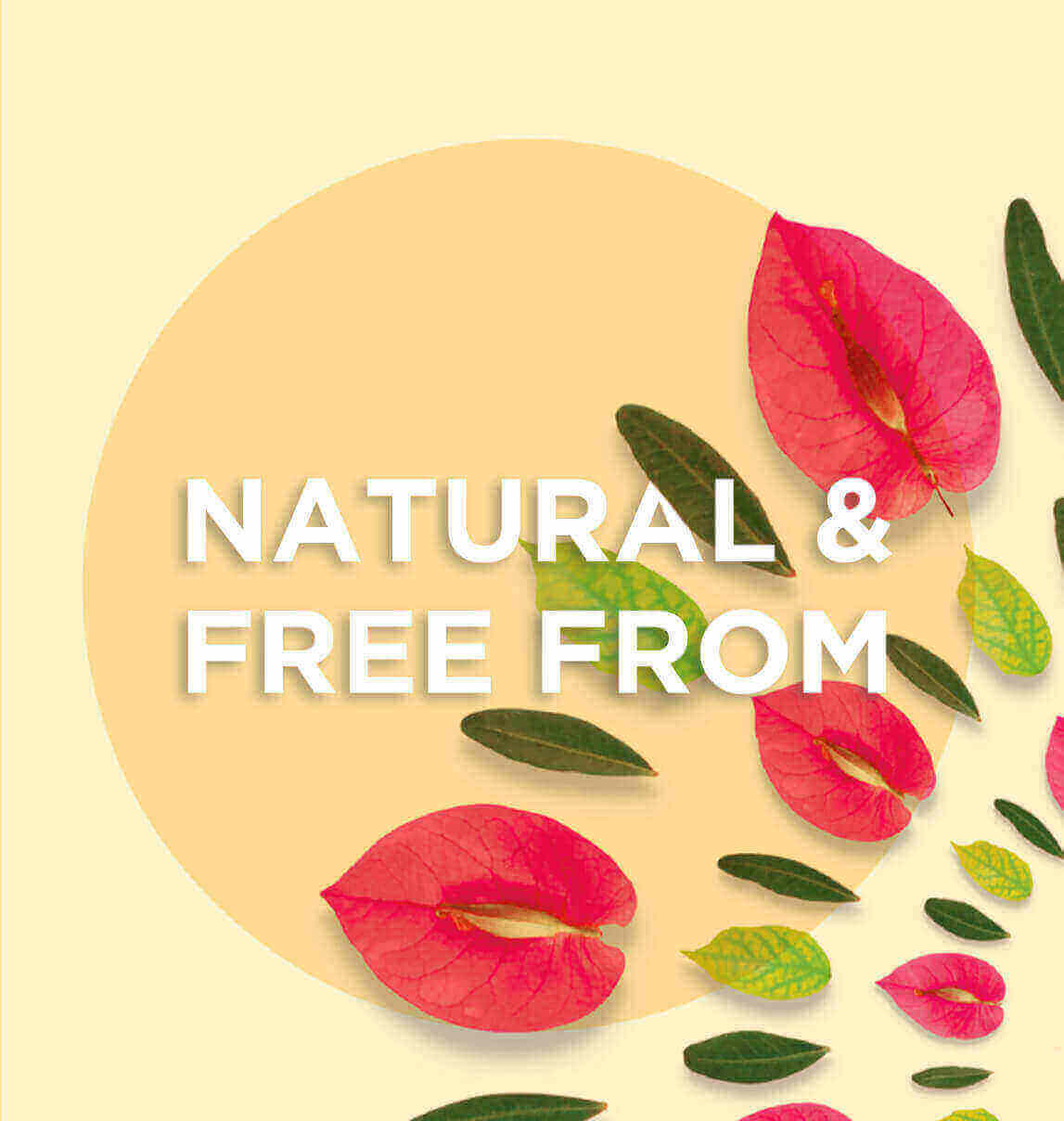Every year as the colder months arrive, it always seems to be accompanied by seasonal chills, cold and flu. So, what should you do if you start experiencing any of these? Well, luckily our grandmothers seem to have it all worked out — Let’s rediscover some of their simple, tried-and-tested recipes, using a variety of edible plants.
These so called “bona fama” recipes based upon fresh aromatic plants will help you to fight against viruses, throat infections and soreness.
—
For seasonal chills and flu, the recipes below are particularly effective:
Please not that these are only recommended for adults!
Chili-lemon Lemonade
– Bring 125-150ml of water to the boil (one large glass) and pour into a bowl containing the juice of half a lemon and a pinch of cayenne pepper.
– Mix, cover and leave to infuse for 10-15 minutes.
– Filter and add a teaspoon of honey if necessary.
– Three to four glasses per day are recommended, for 2-3 days.
Safety precautions: Not to be taken in case of heartburn (gastritis) or peptic ulcers.
Antiviral Herbal Tea with Ginger
– Finely slice or dice 20g-30g of fresh root ringer – a cinnamon stick or two to three cardamom seeds can also be added! – and place in a large cup (125ml-150ml)
– Bring water to the boil and pour over plants. Cover and leave to infuse 10-15 minutes.
– Filter and drink one large cup, 2-4 times per day, for 2-3 days.
– These two herbal teas can also be taken at the start of a cold or at the first sign of flu-like symptoms.
For colds:
Anti-infective steam inhalation using ordinary thyme
– Bring 125-150ml of water to the boil (one large glass) and pour into a bowl containing five sprigs of ordinary thyme.
– Leave to infuse 3-5 minutes.
– Bring the bowl under your nose and cover your head with a towel, then breathe in the steam until the liquid has cooled.
Anti-infective steam inhalation using rosemary
– All you need to do for this recipe is replace the thyme with rosemary sprigs and repeat the method above. The properties of this inhalation will be the same as the thyme inhalation.
– Both of these recipes are effective due to the small amount of essential oil found in the herb and because of its volatility.
– However, note that steam inhalations are not recommended in cases of asthma, rosacea, sensitive or reactive skin.
For wet coughs:
Antiviral and antitussive herbal tea using sage
– Bring 125-150ml of water to the boil (one large glass) and pour into a bowl containing 10g-20g of fresh sage leaves.
– Mix, cover and leave to infuse for 10-15 minutes
– Filter and add a teaspoon of honey if necessary.
– Drink three to four large cups per day, for 2-3 days.
Anti-infective, antitussive and decongestant syrup using ordinary thyme
– Bring one litre of water to the boil in a large pot.
– Pour the boiling water onto 20g of ordinary thyme sprigs.
– Mix, cover and leave to infuse for 10-15 minutes.
– Then filter and slowly reduce the liquid to 200ml.
– Add 450g of honey.
– Take two teaspoons of this syrup four to six times per day, for two to three days.
Naturally, both of these recipes can also be used to treat sore throats.
In any case, make sure to always stimulate your all of your immune defences at the same time… and to carry on doing this all throughout autumn, winter and spring.
More winter recipes will follow shortly…
Bibliography :
GIRRE (Loïc), Traditions et propriétés des plantes médicinales. Éd. Privat
GIRRE (Loïc), Les vieux remèdes naturels. Éd.Ouest-France
Non Shaw, Phytothérapie, Guide illustré du bien-être, Éd.Köneman





